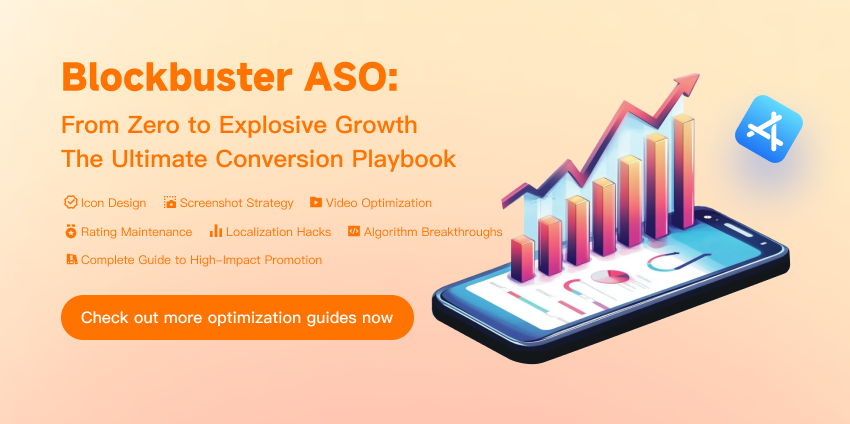
Loading...
Free consultation with ASO specialists
Doing ASO for the first time or have no idea how to carry out targeted optimization of your app?
We offer one-on-one customized services provided by app marketing specialists
Alternative App Store
Definition of Alternative App Stores
Alternative App Stores refer to platforms where users can download and install applications, distinct from traditional mainstream app stores such as Apple's App Store and Google Play. These alternative app stores may be operated by third-party developers, companies, or organizations, and they differ from mainstream app stores in terms of the scope of applications included, review standards, and monetization models. Some alternative app stores focus on specific types of applications, such as indie games or open-source software; others cater to specific regions or user groups, meeting their unique application needs.
What is the impact on ASO (App Store Optimization)
-
Optimization Strategy Differences
In mainstream app stores, ASO mainly focuses on keyword optimization, app description writing, and user ratings and reviews management. However, in alternative app stores, due to the differences in user groups and search algorithms compared to mainstream app stores, optimization strategies also need to be adjusted accordingly. For example, some alternative app stores may place more emphasis on social promotion and user word-of-mouth for apps, and developers need to increase app exposure through community interaction, event hosting, and other methods.
-
Expand the application coverage
For developers, using alternative app stores for ASO can expand the reach of their apps. Different alternative app stores have different user bases, and by optimizing and promoting across multiple alternative app stores, more potential users can discover and download their apps. This is especially important for niche apps or newly launched apps, as it can help them gain more opportunities in a highly competitive market.
-
Data feedback and analysis
Alternative app stores also provide some data feedback, such as downloads and user retention. Developers can analyze these data to understand the performance of their apps in different alternative app stores, so as to further optimize their apps and ASO strategies. For example, if the user retention rate of a certain alternative app store is low, developers can analyze the characteristics of users on that platform and make targeted improvements to their apps.
Challenges and Opportunities
-
Challenge
Alternative app stores face issues of legitimacy and security. Due to relatively loose review standards, some alternative app stores may have malware, intellectual property infringement, and other problems, which will affect users' trust. In addition, the market share of alternative app stores is relatively small, and it is difficult to promote them.
-
Opportunity
With the development of mobile Internet and the diversification of user needs, alternative app stores have also ushered in development opportunities. They can attract more users and developers by providing personalized services, optimizing user experience, etc. At the same time, for some applications that are restricted by mainstream app stores, alternative app stores provide them with space for development.
Alternative app stores have unique value in the mobile Internet ecosystem. Although they face some challenges, they also have great development potential. Both developers and users should correctly understand and use alternative app stores to meet their own needs and goals.
Related terms
